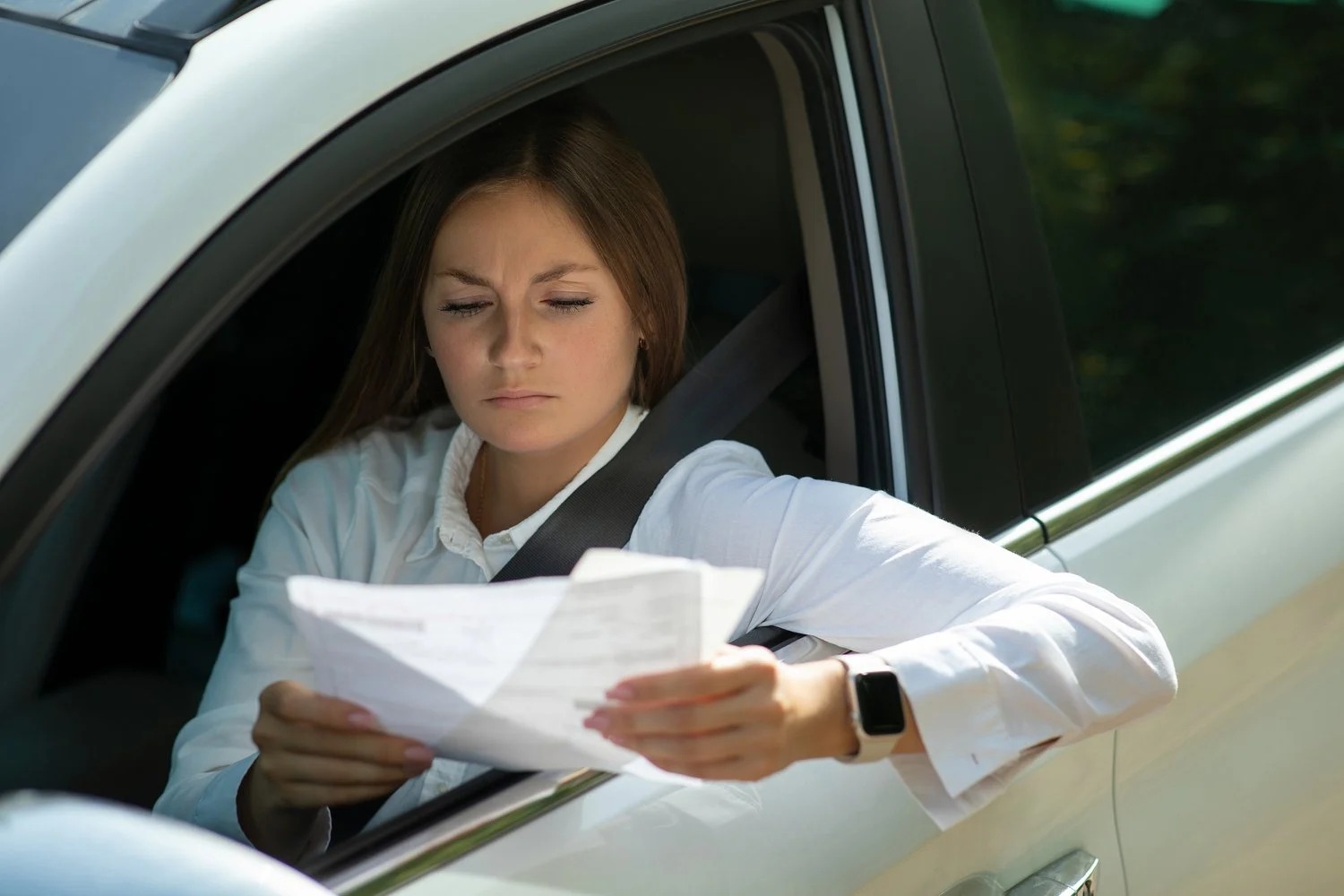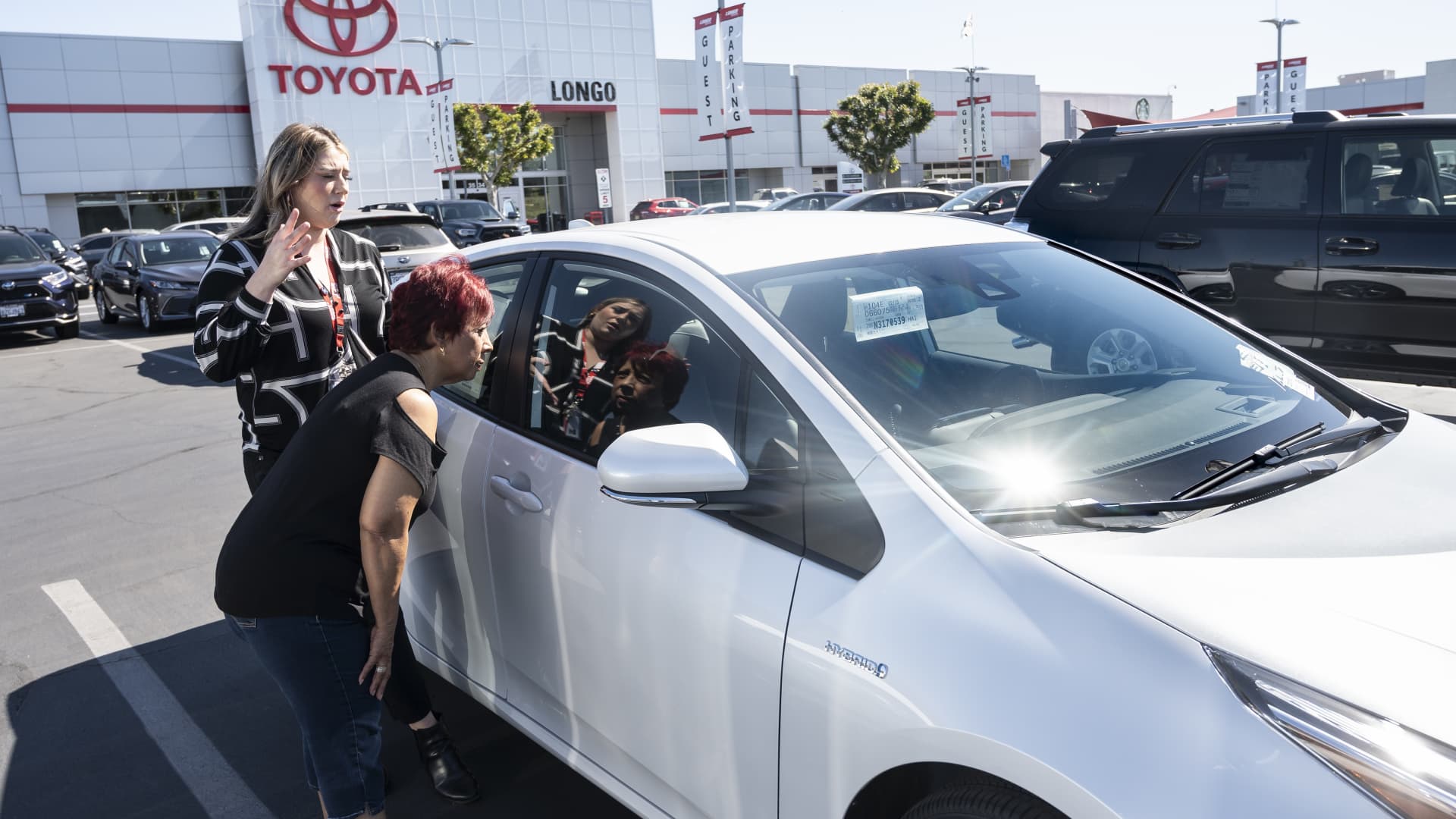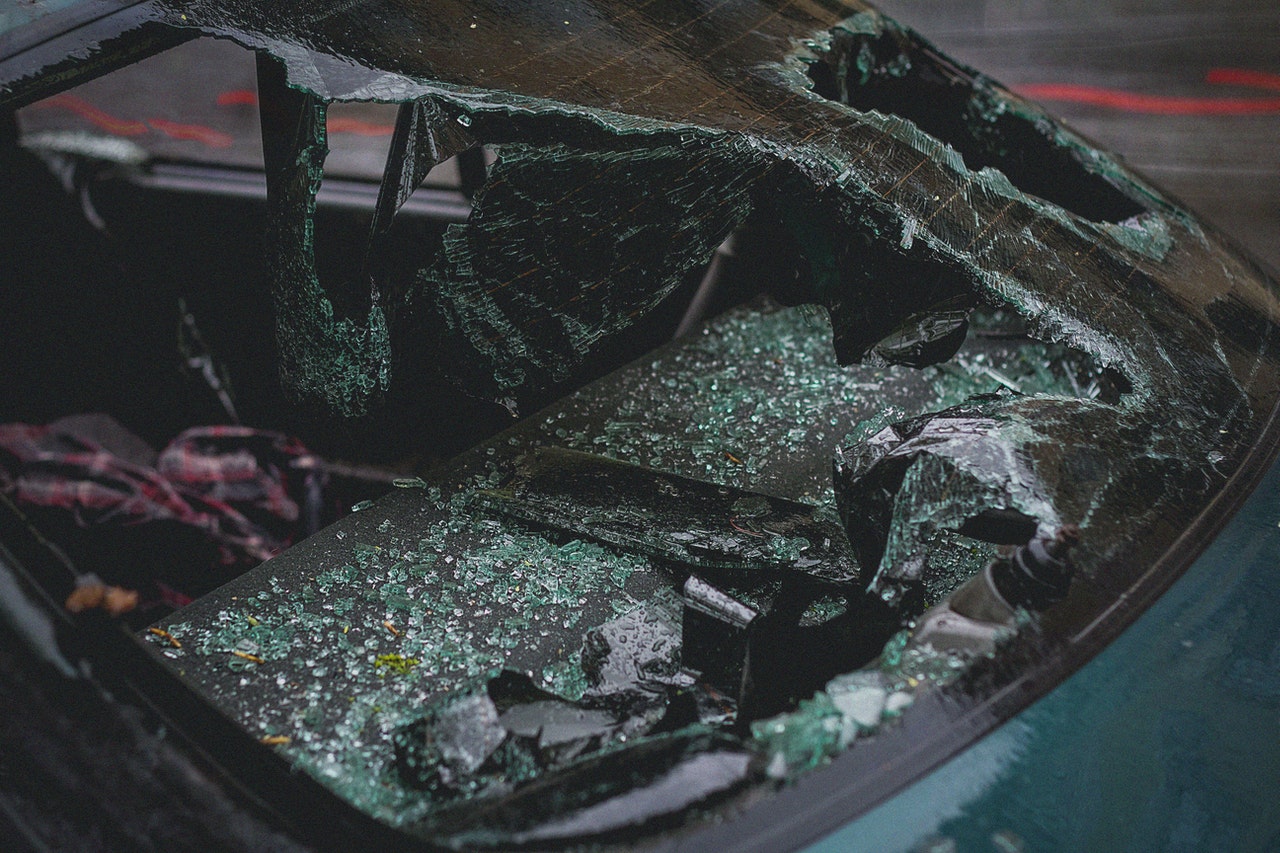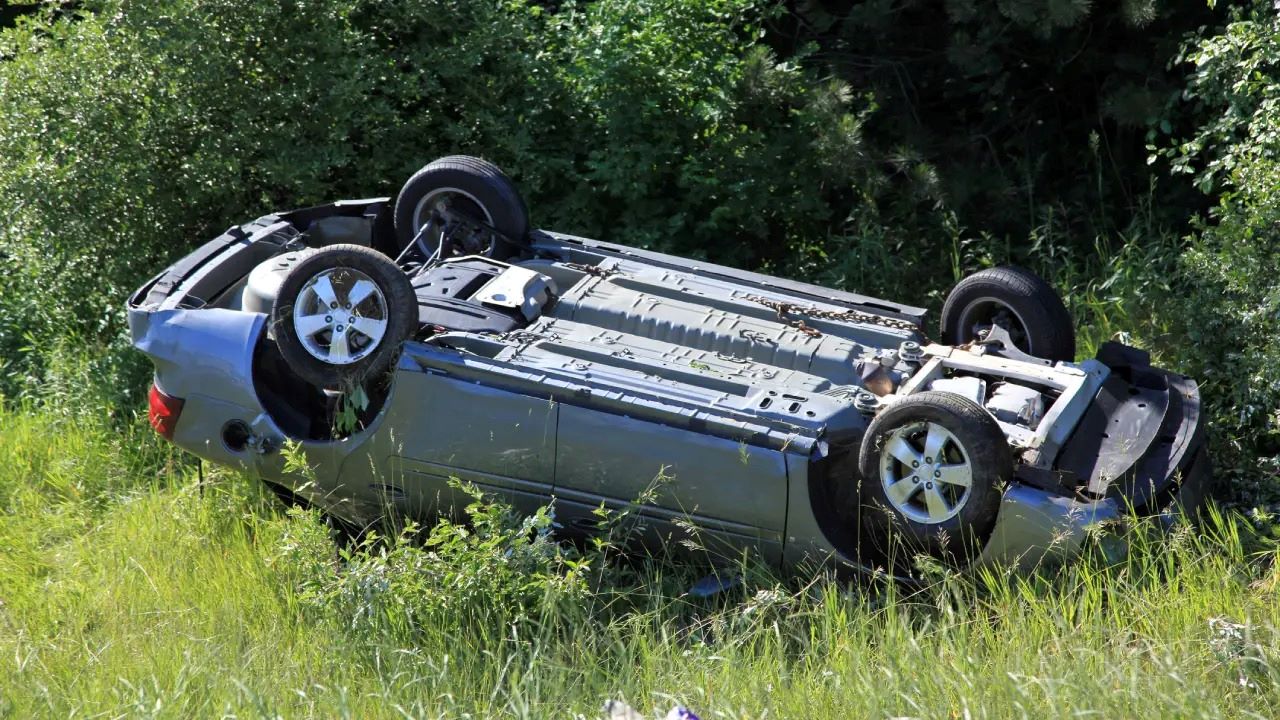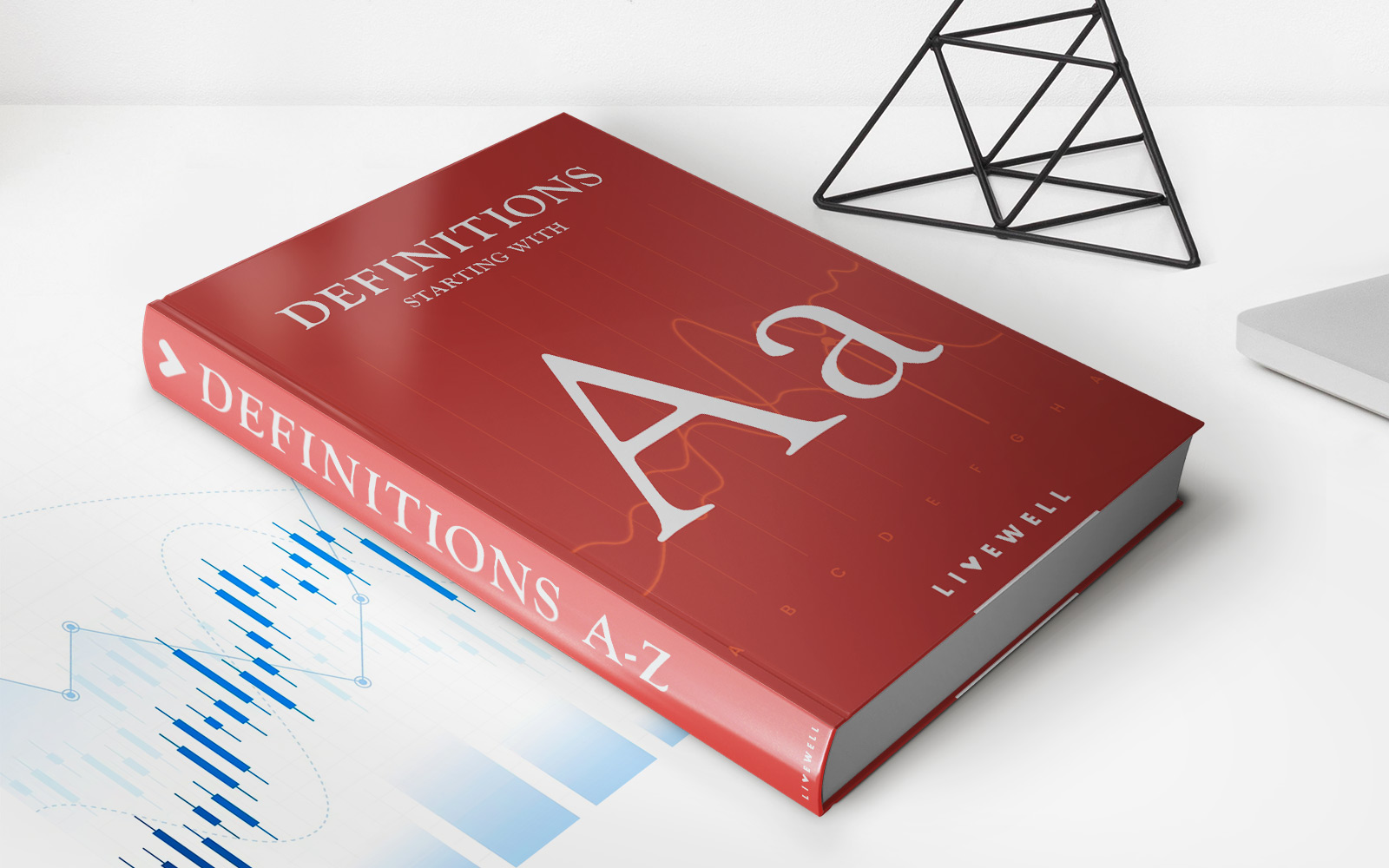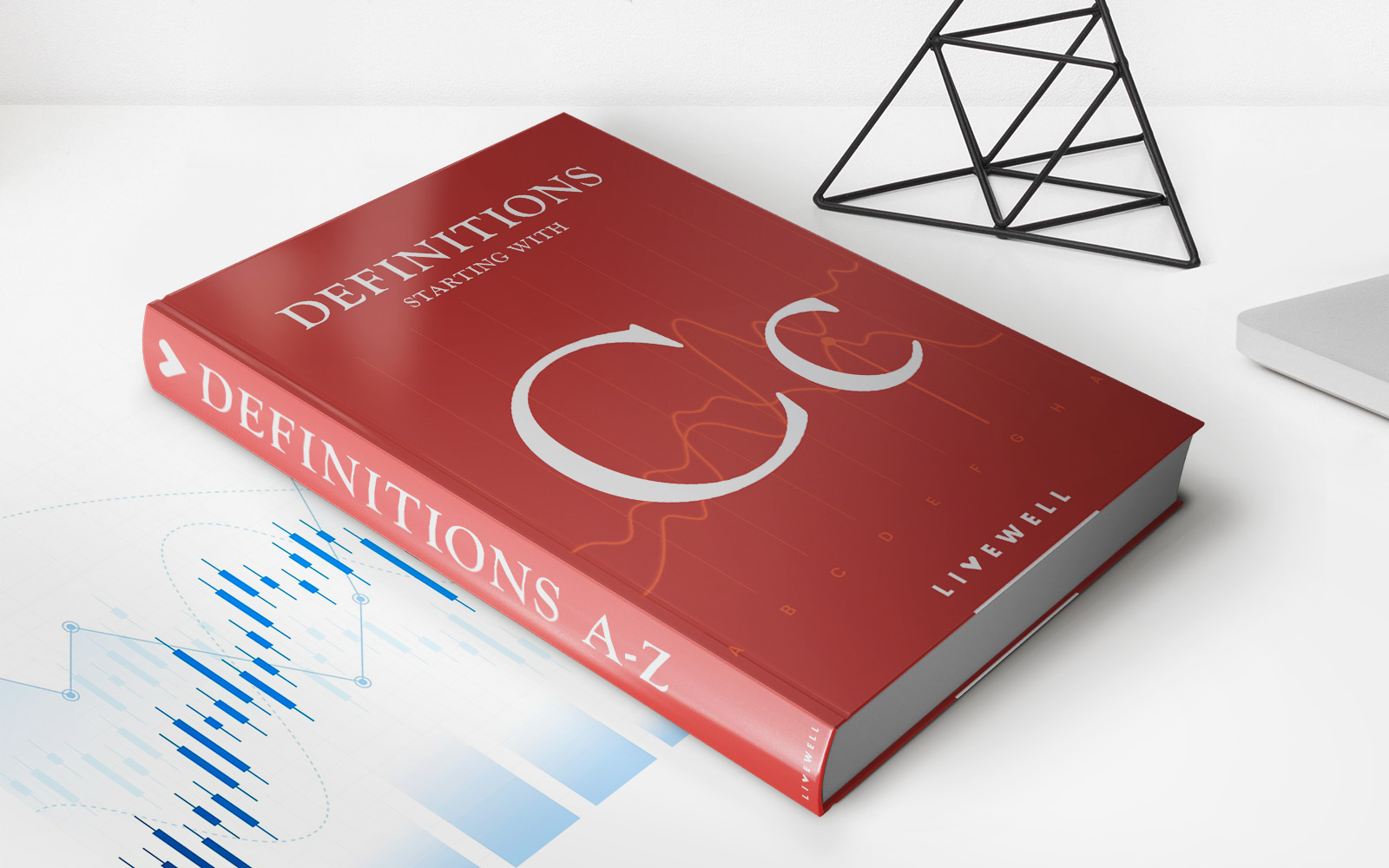

Finance
What Happens If You Don’t Pay Car Insurance?
Published: November 19, 2023
Discover the financial consequences of not paying your car insurance. Find out what happens when you neglect to keep your coverage up to date and the potential penalties you may face.
(Many of the links in this article redirect to a specific reviewed product. Your purchase of these products through affiliate links helps to generate commission for LiveWell, at no extra cost. Learn more)
Table of Contents
Introduction
Car insurance is a vital requirement for anyone who owns a vehicle. It not only provides financial protection in case of accidents or damages but is also a legal necessity in most countries. However, circumstances may arise where individuals find it difficult to pay for their car insurance premiums. This can lead to a multitude of consequences that can greatly impact both their personal and financial lives.
In this article, we will delve into the implications of not paying car insurance premiums. We will explore the legal and financial consequences, the potential impact on credit scores, the possibility of license suspension or revocation, difficulties in obtaining coverage in the future, and the risk of facing lawsuits and judgments. Additionally, we will provide some guidance on what steps to take if you find yourself in a situation where you cannot afford car insurance.
Before we dive into the consequences, it is essential to understand the importance of car insurance. Car accidents can happen at any time, and even the most cautious drivers can be involved in a collision caused by another individual’s negligence. Having car insurance provides a safety net, protecting you from potentially crippling financial burdens that may arise as a result of such accidents.
Moreover, car insurance is a legal requirement in most jurisdictions. Driving without insurance not only puts yourself at risk but also endangers other road users. The consequences of driving without insurance can vary based on local laws and regulations, but they are universally severe.
In the following sections, we will explore the potential repercussions of not paying car insurance premiums, clarifying the potential legal and financial implications, and providing insights into how to navigate these challenging situations.
Understanding Car Insurance
Before delving into the consequences of not paying car insurance, it’s important to have a solid understanding of what car insurance entails. Car insurance is a contract between you and an insurance company that provides financial protection in the event of accidents, theft, or other damages to your vehicle. It typically includes coverage for liability (damage you cause to others), collision (damage to your vehicle), and comprehensive (damage from non-accident related incidents).
When you purchase car insurance, you pay regular premiums to the insurance company. In return, the insurance company agrees to provide coverage for any covered losses or damages according to the terms of the policy. The premiums you pay are based on various factors, including your driving history, the type of vehicle you own, your location, and the coverage limits you choose.
Car insurance is crucial because accidents can happen unexpectedly, and the costs associated with repairs, medical bills, or legal fees can be substantial. Without insurance, you would be solely responsible for covering these expenses out of pocket.
Most car insurance policies have a grace period, typically 30 days, during which you can make your premium payment without penalty. However, if you fail to pay your premiums within this grace period, your coverage may lapse.
It’s important to note that driving without insurance is illegal in most jurisdictions and can result in severe consequences. Therefore, it is essential to maintain active and up-to-date car insurance coverage at all times.
Now that we have a basic understanding of car insurance, let’s explore the potential repercussions of not paying your car insurance premiums.
Legal Consequences
Failing to pay your car insurance premiums can have serious legal ramifications. Driving without insurance not only puts you at financial risk but also violates the law in most jurisdictions.
The specific legal consequences of driving without insurance vary depending on your location. In some places, it is considered a misdemeanor offense, while in others, it is a traffic violation. Regardless, the penalties can be severe and can include fines, license suspension, and even imprisonment in some cases.
If you are caught driving without insurance, you may receive a citation from law enforcement. This citation can result in fines ranging from a few hundred to several thousand dollars, depending on the jurisdiction and the number of previous offenses. In addition to fines, you may also be required to provide proof of insurance within a specified period. Failure to do so can result in further penalties.
License suspension is another potential consequence of driving without insurance. In many jurisdictions, if you are caught driving without insurance or are involved in an accident without insurance coverage, your license can be suspended for a specified period. This means you will no longer have the legal privilege to drive during the suspension period.
Furthermore, some states have implemented electronic insurance verification systems. These systems allow law enforcement officers to instantly check the insurance coverage of a vehicle during traffic stops or other encounters. If your insurance cannot be verified, you may face immediate consequences.
It’s important to note that even if you have insurance coverage at the time of an accident but it is discovered that you were not up to date on your premium payments, your insurer may deny your claim. This can leave you personally liable for any damages or injuries resulting from the accident, potentially resulting in lawsuits and significant financial burdens.
Understanding and complying with the legal requirements of car insurance is essential to avoid these potential legal consequences. Always make sure you stay current with your insurance premiums to remain in compliance with the law and protect yourself from the associated penalties.
Financial Consequences
Not paying your car insurance premiums can lead to significant financial repercussions. When you fail to maintain active coverage, you leave yourself vulnerable to potential financial burdens that can arise in various scenarios.
First and foremost, if you are involved in an accident without insurance coverage, you will be personally responsible for covering all the associated costs. This includes damages to your vehicle, damages to other vehicles involved, and any medical expenses incurred by the parties involved. These costs can quickly accumulate and place a heavy financial burden on you.
In addition to the immediate financial impact of an accident, being uninsured can also lead to long-term financial consequences. If you are found at fault and are unable to pay for the damages caused, the other party may take legal action against you. This can result in lawsuits and potential judgments against you, potentially leading to wage garnishment and asset seizure.
Moreover, if your car insurance lapses and you decide to reinstate coverage at a later date, you may be subject to higher premium rates. Insurance companies typically view lapses in coverage as an increased risk, and as a result, may charge you higher premiums to compensate for that risk. These higher premiums can significantly impact your budget and financial stability.
Furthermore, having a history of not paying car insurance premiums can negatively affect your overall creditworthiness. Insurance companies report unpaid premiums to credit bureaus, which can then impact your credit score. A lower credit score can make it more difficult for you to obtain credit in the future and may result in higher interest rates on loans and credit cards.
It’s important to budget and prioritize paying your car insurance premiums to avoid these potential financial consequences. By maintaining active coverage, you protect yourself from the financial burdens of accidents and ensure your long-term financial stability.
Impact on Credit Score
Not paying your car insurance premiums can have a significant impact on your credit score. Your credit score is a three-digit number that reflects your creditworthiness and is used by lenders, landlords, and insurance companies to assess your financial responsibility and determine the terms of credit or insurance coverage.
When you fail to pay your car insurance premiums on time, the insurance company may report this to the credit bureaus, leading to a negative mark on your credit report. This can result in a decrease in your credit score, making it more challenging for you to obtain credit in the future.
A lower credit score can have far-reaching consequences. It can make it more difficult for you to secure loans, credit cards, or even rent an apartment. If you are approved for credit or insurance coverage, you may be subject to higher interest rates or premium rates due to the perceived higher risk associated with your lower credit score.
Additionally, a history of not paying your car insurance premiums can stay on your credit report for several years, further impacting your creditworthiness and financial standing. This can hinder your ability to achieve financial goals, such as purchasing a home or obtaining favorable insurance rates in the future.
To maintain a healthy credit score, it is crucial to prioritize paying your car insurance premiums on time. Set a budget and ensure that you allocate sufficient funds to cover your insurance costs. By doing so, you protect your creditworthiness and ensure that you have access to favorable credit and insurance terms when you need them.
Suspension or Revocation of License
Failing to pay your car insurance premiums can result in the suspension or revocation of your driver’s license. Driving without insurance is not only a risk to yourself but also to other road users, and the law takes this offense seriously.
In many jurisdictions, if you are caught driving without insurance or are involved in an accident without insurance coverage, your driver’s license can be suspended or revoked. This means that you will no longer have the legal privilege to operate a motor vehicle for a specified period.
The duration of the license suspension or revocation varies depending on the jurisdiction and the specific circumstances of your offense. It can range from a few months to a year or more. During this period, you will be prohibited from driving, and any attempt to operate a vehicle can result in further legal consequences.
Having your license suspended or revoked can have serious implications on your daily life and mobility. It can make it challenging to commute to work, run errands, or fulfill other important responsibilities. You may have to rely on public transportation or alternative means of transportation, which can be inconvenient and time-consuming.
Moreover, getting your license reinstated after a suspension or revocation often requires fulfilling certain conditions, such as completing a defensive driving course or providing proof of insurance coverage. These requirements may come with additional costs and further inconvenience.
To avoid the suspension or revocation of your driver’s license, it is essential to prioritize paying your car insurance premiums on time. By maintaining active and up-to-date coverage, you not only protect yourself from financial burdens but also ensure that you can continue to legally drive and maintain your mobility.
Difficulties in Obtaining Coverage in the Future
One of the long-term consequences of not paying car insurance premiums is the difficulty you may face in obtaining coverage in the future. Insurance companies consider your payment history and coverage lapses when assessing the risk associated with insuring you. If you have a history of non-payment or lapsed coverage, it can make it challenging to find an insurance company willing to provide you with coverage.
When you apply for car insurance, insurance companies typically review your driving record and credit history. If they find instances of non-payment or coverage lapses, they may view you as a higher-risk customer. As a result, they may either deny your application or charge you significantly higher premiums to offset the perceived risk.
Being unable to find affordable car insurance coverage can leave you in a vulnerable position. Driving without insurance is not only illegal in most jurisdictions but also exposes you to significant financial risk in the event of an accident or damage to your vehicle.
Furthermore, having a history of non-payment or coverage lapses can limit your options when it comes to insurance providers. Some insurers specialize in offering coverage to individuals with poor credit or blemished payment histories, but their premiums are typically higher.
To avoid difficulties in obtaining coverage in the future, it’s crucial to prioritize paying your car insurance premiums on time. By demonstrating responsible payment behavior and maintaining active coverage, you increase your chances of obtaining affordable insurance coverage and protecting yourself from financial risks.
If you are currently facing financial difficulties that prevent you from paying your car insurance premiums, it’s essential to communicate with your insurance provider. They may be able to assist you in finding alternative payment arrangements or exploring options for financial assistance. Being proactive and seeking assistance can help you avoid future difficulties in obtaining coverage.
Possible Lawsuits and Judgments
Not paying your car insurance premiums can expose you to the risk of lawsuits and judgments, especially if you are involved in an accident without insurance coverage. When you are at fault in an accident and do not have insurance, you may be personally liable for any damages or injuries caused to others.
The injured parties have the right to seek compensation for their losses, which can include medical expenses, property damage, and even pain and suffering. Without insurance coverage, you may face lawsuits from these parties, and if they are successful in court, judgments can be entered against you, requiring you to pay the awarded amount.
Dealing with lawsuits and judgments can be financially devastating. If you are unable to pay the judgment amount, the injured party may seek wage garnishment or asset seizure to satisfy the judgment. This can severely impact your finances and future financial stability.
It’s important to note that even if you have insurance coverage at the time of the accident but it is discovered that you were not up to date on your premium payments, your insurer may deny your claim. This leaves you personally responsible for any damages or injuries resulting from the accident, increasing the likelihood of facing lawsuits and judgments.
To protect yourself from the risk of lawsuits and judgments, it is crucial to prioritize paying your car insurance premiums on time. By maintaining active coverage, you ensure that you have the financial support of your insurance company in the event of an accident, reducing the risk of personal liability for damages.
If you find yourself in a situation where you are unable to pay your car insurance premiums, it’s important to seek assistance and explore alternatives. Communicate with your insurance provider to discuss options for payment arrangements or financial assistance. Taking proactive measures can help mitigate the risk of lawsuits and judgments.
Steps to Take if You Can’t Afford Car Insurance
If you find yourself in a situation where you are unable to afford car insurance, it’s important to take proactive measures to address the issue. Here are some steps you can take:
- Communicate with your insurance provider: Reach out to your insurance company and explain your financial situation. They may be able to offer alternative payment arrangements or options for financial assistance.
- Explore government assistance programs: Depending on your income level and location, you may be eligible for government assistance programs that provide discounted or subsidized car insurance coverage. Research and see if you qualify for any of these programs.
- Consider adjusting your coverage: Review your current coverage and see if there are any options to reduce your premiums. For example, you may choose to raise your deductibles or lower your coverage limits to lower your premium costs. However, be mindful that reducing coverage may expose you to higher financial risks.
- Shop around for lower rates: Compare quotes from different insurance providers to find the most affordable option for your situation. Make sure to consider factors like coverage, reputation, and customer service when evaluating potential insurers.
- Look for discounts: Inquire about any available discounts that you may qualify for. Insurance companies often offer discounts for safe driving records, completing defensive driving courses, or bundling multiple insurance policies.
- Consider alternative transportation options: If owning and insuring a car is financially challenging, you may explore alternative transportation options such as using public transportation, carpooling, or relying on ridesharing services. This can help save on insurance costs while still fulfilling your transportation needs.
It’s important to note that while these steps can help mitigate the immediate financial burden of car insurance, it is essential to prioritize having adequate coverage to protect yourself from the potential financial risks of accidents and damages. Work towards improving your financial situation to ensure that you can afford the necessary insurance coverage in the long run.
Remember, driving without insurance is illegal in most jurisdictions and can lead to serious consequences. It’s crucial to prioritize maintaining active and up-to-date car insurance coverage whenever possible.
Conclusion
Car insurance is not only a legal requirement but also a crucial financial protection against unexpected accidents and damages. Failing to pay car insurance premiums can have far-reaching consequences that can impact both your personal and financial well-being.
From a legal perspective, driving without insurance can result in fines, license suspension, and potential legal issues, especially if you are involved in an accident. Moreover, the financial consequences of not paying your car insurance premiums can be significant. You may be personally responsible for covering damages, face difficulties in obtaining future coverage, and even experience detrimental effects on your credit score.
Additionally, the suspension or revocation of your driver’s license can severely limit your mobility and impact your daily routine. It’s essential to understand the potential consequences and take proactive steps to prioritize paying your car insurance premiums on time to avoid these negative outcomes.
If you find yourself unable to afford car insurance, open communication with your insurance provider is key. They may be able to offer alternative payment arrangements or help you explore options for financial assistance. Additionally, researching government assistance programs, adjusting coverage, shopping around for lower rates, and considering alternative transportation options are valuable steps to take during challenging financial times.
Ultimately, it’s crucial to maintain active and up-to-date car insurance coverage to protect yourself, your financial stability, and other road users. By prioritizing and budgeting for car insurance, you ensure that you are prepared to face any unforeseen circumstances that may arise on the road.
Remember, being a responsible driver means not only following traffic rules but also fulfilling your financial obligations when it comes to car insurance. By doing so, you protect yourself, your assets, and the well-being of others on the road.
